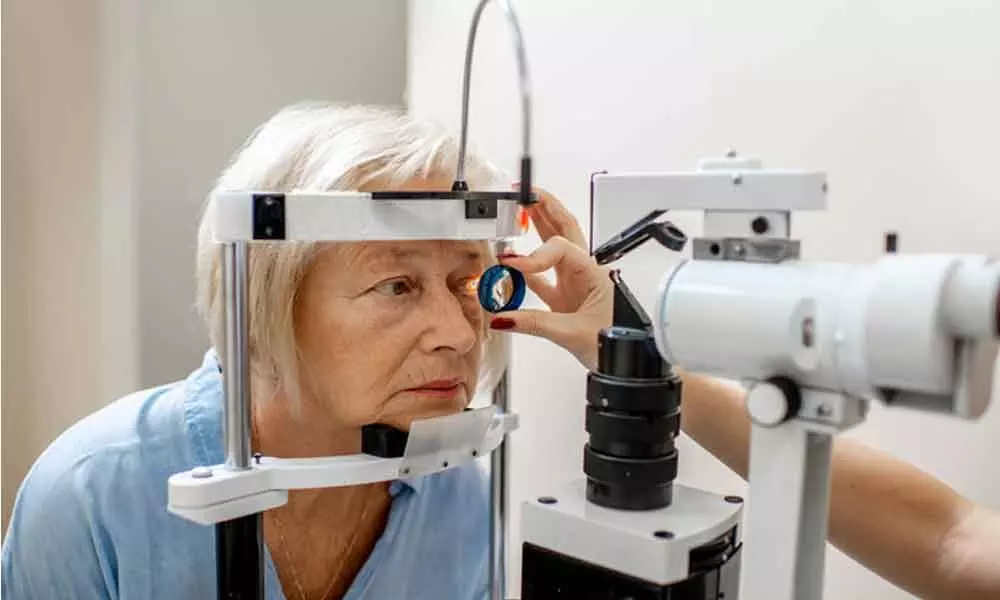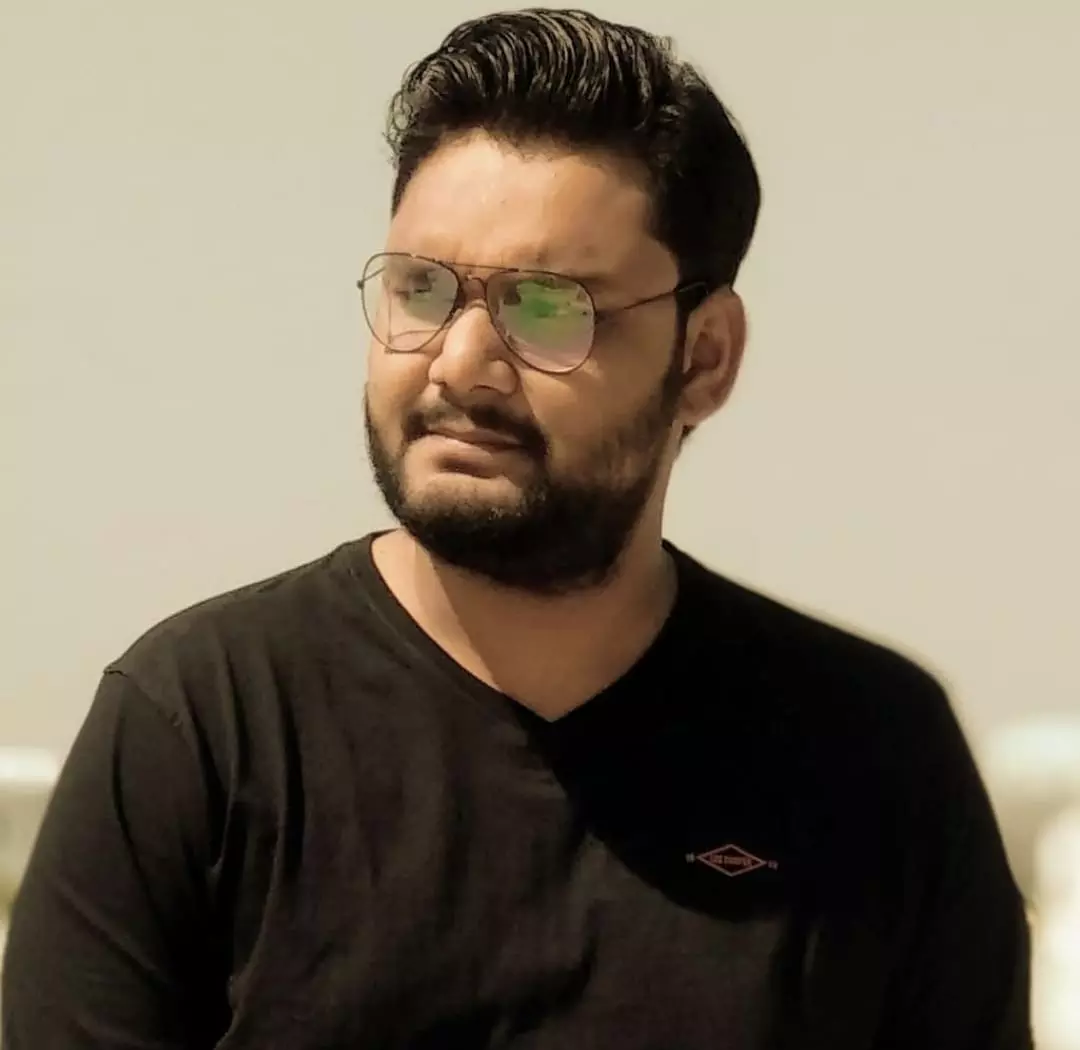Be careful with blindness caused due to Glaucoma

Representational Image
L V Prasad Eye Institute (LVPEI) every year observes the World Glaucoma Week to bring public focus on this eye disease that can affect both adults and children.
L V Prasad Eye Institute (LVPEI) every year observes the World Glaucoma Week to bring public focus on this eye disease that can affect both adults and children. It is an eye problem associated with increase in the eye pressure, and is characterized by damage to the optic nerve leading to irreversible blindness. Glaucoma is the most common cause of irreversible vision loss globally. The global estimates predict that the number of patients with glaucoma will rise from 76 million to 111.8 million by 2040 with a majority of these patients residing in Africa and Asia.
The World Glaucoma Week (WGW) is a joint global initiative of the World Glaucoma Association (WGA) and the World Glaucoma Patients Association (WGPA), and this year will be observed from 6-12 March 2022. L V Prasad Eye Institute is organizing awareness campaigns, talks and patient interactive forums to raise public awareness about glaucoma for early detection and prevention.
Dr Sirisha Senthil, Head, Glaucoma Services at L V Prasad Eye Institute shares some important topics regarding Galucoma. Let's have a look into them.
Severity of Glaucoma
• Most people with glaucoma have no early symptoms or pain despite the increase of eye pressure in the eye.
• By the time they visit the eye specialist, the damage to the vision is already caused.
• Vision once lost due to glaucoma cannot be restored, and that is why it is also called the 'Silent Thief of Vision'.
• The good news is vision loss due to glaucoma can be prevented - if it is detected and treated early.
• But even though 80% of blindness from glaucoma is preventable, almost 7 million people worldwide turn blind due to glaucoma, with 2/3rd of them being women.
• This is because a whopping 90% of glaucoma cases go undetected, presumably due to a lack of awareness
Prevalence of Glaucoma in India
• Available statistics indicate that 1.12 crore Indians (4.5% of the Indian population) suffer from glaucoma, including children.
• Of which 11 lakh people have turned blind due to glaucoma
• Glaucoma more commonly affects people beyond the age of 40 years; one in eight people above 40 years of age are at risk for glaucoma
Early Detection
• A person with glaucoma will not have any symptoms till 90% of vision is lost.
• Early detection by screening is the only way to prevent vision loss due to glaucoma.
• A basic eye examination for glasses (undilated eye examination) cannot detect glaucoma.
• Only a comprehensive eye examination that includes an eye pressure check, dilated fundus examination and gonioscopy (in certain cases) can diagnose.
Who should definitely get screened?
• Family members of patients with glaucoma is mandatory, as this disease can affect siblings and children of patients with glaucoma in up to 10‐20% of cases.
• People above 40 who have high myopia or diabetes.
• Steroids should be judiciously used only under medical supervision. If it is necessary to use steroids, as eye drops, inhalers, ointments or tablets, one must get a periodic comprehensive eye examination to rule out glaucoma.
• Those who have previously sustained significant eye injury or have undergone eye surgeries should also get their eyes regularly examined to rule out glaucoma.
• These are known risk factors for glaucoma, but many people can get glaucoma even without any of the above risk factors
Treatment
• Depending on the type, severity and previous history, glaucoma can be treated with medications (usually eye drops), lasers (of various kinds) and surgery, if required.
• The treatment for glaucoma aims at controlling the eye pressure and preventing further vision loss due to glaucoma.
• Glaucoma surgery is not usually aimed at improving, but preserving the remaining vision.
• Accompanying cataract surgery, when the eye has cataract, can recover the vision the vision attributable to cataract.














